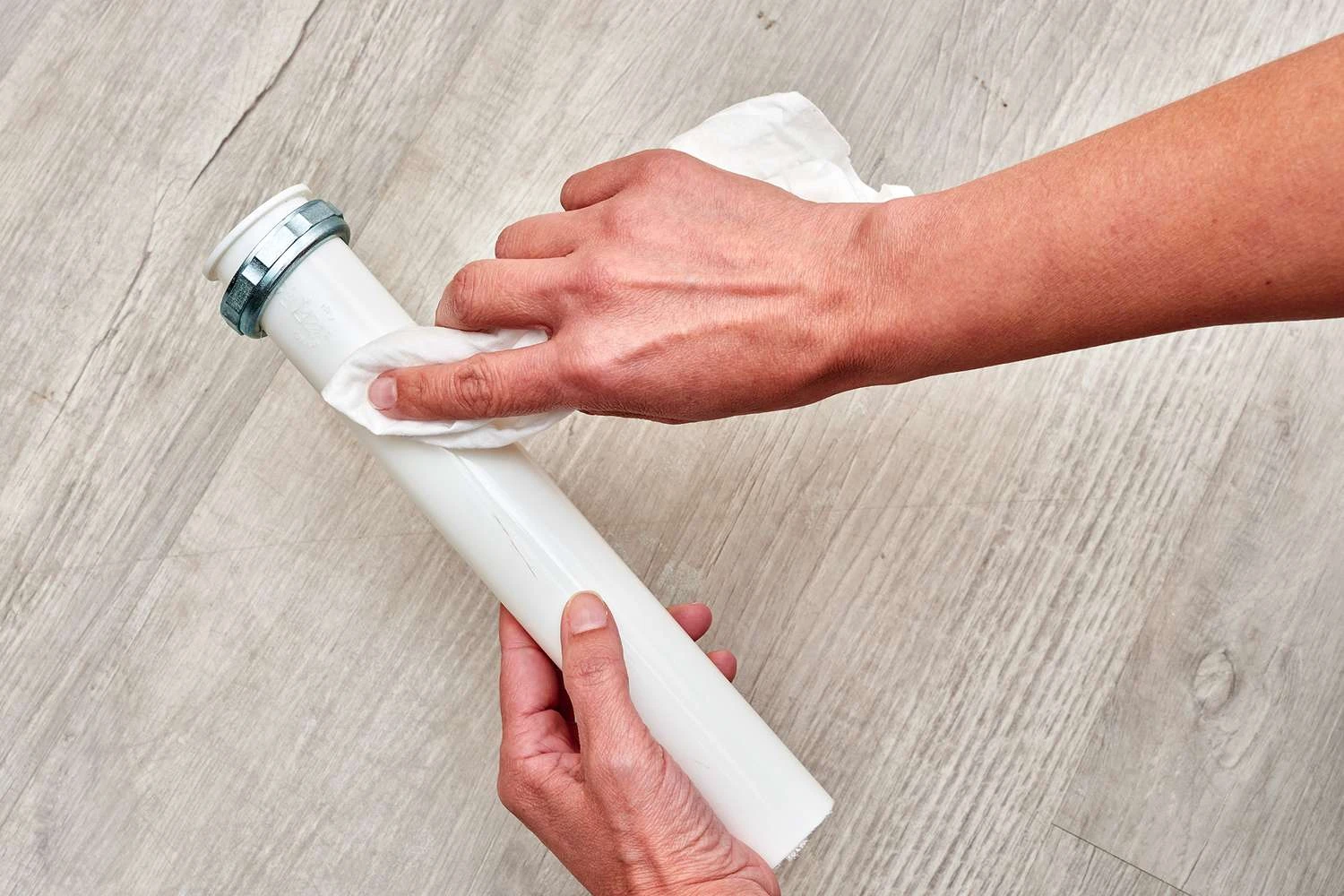In a significant move for the plumbing industry, Astral Pipes has received a manufacturing license for CPVC (Chlorinated Polyvinyl Chloride) pipes from the Bureau of Indian Standards (BIS) for its new plant in Cuttack, Odisha. This license allows Astral to expand its product offerings, ensuring that their PVC pipes meet the rigorous standards set by the BIS for quality and safety. As the demand for reliable plumbing solutions continues to grow, the integration of PVC pipes with modern plumbing systems is crucial, particularly when considering the benefits of alternative options like PEX (Cross-Linked Polyethylene) fittings.
The Rise of CPVC Pipes
PVC pipes have gained popularity in recent years due to their excellent properties, making them suitable for both residential and commercial plumbing applications. They are known for their resistance to corrosion, scaling, and high-temperature fluctuations. The BIS certification underscores Astral’s commitment to delivering high-quality products that adhere to stringent safety standards.
Key Features of CPVC Pipes
- Corrosion Resistance: Unlike metal pipes, PVC does not corrode over time, ensuring a longer lifespan and reducing maintenance costs.
- High-Temperature Tolerance: PVC pipes can withstand higher temperatures than standard PVC pipes, making them suitable for hot water applications.
- Ease of Installation: PVC pipes are lightweight and easy to install, which reduces labor costs and installation time.
- Cost-Effectiveness: The longevity and durability of PVC pipes make them a cost-effective choice for homeowners and contractors alike.
- Low Thermal Conductivity: This property helps maintain the temperature of the water inside the pipes, minimizing heat loss.
With the new plant in Cuttack, Astral aims to meet the increasing demand for PVC pipes, especially in regions where hot water applications are prevalent. However, it is essential to explore how PVC pipes compare with other options like PEX fittings.
Understanding PEX Fittings
What Are PEX Fittings?
PEX fittings are a type of flexible plastic piping used extensively in plumbing systems. They are designed for both hot and cold water applications, offering unique benefits that distinguish them from traditional materials like PVC. PEX is becoming increasingly popular among contractors and homeowners due to its versatility and ease of installation.
Benefits of PEX Fittings
- Flexibility: One of the most significant advantages of PEX fittings is their flexibility. This allows for easier routing around obstacles in plumbing systems without the need for multiple fittings and joints.
- Resistance to Freezing: PEX pipes can expand slightly when frozen, reducing the risk of bursting in cold weather conditions.
- Reduced Noise: PEX is quieter than metal pipes, minimizing noise from water flow and reducing disturbances in residential environments.
- Corrosion Resistance: PEX does not corrode or develop scale, which helps maintain water quality over time.
- Low Maintenance: PEX systems typically require less maintenance than traditional metal systems, leading to lower long-term costs.
The Benefits of Combining CPVC and PEX
As Astral moves forward with the manufacturing of CPVC pipes, it’s essential to understand how these pipes can work in tandem with PEX fittings. Many modern plumbing systems utilize a combination of both materials to maximize efficiency, safety, and longevity.
Application Scenarios
- Hot and Cold Water Distribution: CPVC pipes are excellent for high-temperature applications, while PEX offers flexibility and ease in cold water applications. By using both materials, plumbers can create efficient systems that are tailored to the specific needs of a building.
- Repairs and Renovations: In renovation projects, PEX can be an ideal choice for retrofitting existing systems, especially when access to areas is limited. PVC can complement PEX for new installations where higher temperature resistance is required.
- Water Quality: Both PVC and PEX are lead-free and do not leach harmful chemicals, making them safe options for drinking water applications. The combination of the two materials can ensure the highest quality of water distribution in any plumbing system.
Sustainability and Regulatory Compliance
The manufacturing license from the Bureau of Indian Standards reflects Astral’s dedication to regulatory compliance and sustainability in the plumbing industry. As environmental concerns continue to rise, the demand for sustainable plumbing materials is more critical than ever.

Eco-Friendly Considerations of CPVC
- Reduced Carbon Footprint: Both PVC and PEX fittings have a lower carbon footprint compared to traditional metal plumbing materials. Their lightweight nature and efficient manufacturing processes contribute to this reduction.
- Longevity: The durability of PVC and PEX means that systems installed with these materials require fewer replacements, leading to less waste and environmental impact over time.
- Recyclability: PEX and PVC can be recycled, further supporting sustainable practices in the plumbing industry.
Conclusion
Astral’s receipt of the PVC pipe manufacturing license from the Bureau of Indian Standards marks a pivotal moment in the company’s growth and the advancement of plumbing solutions in India. The integration of PVC pipes with PEX fittings in modern plumbing systems offers homeowners and contractors a versatile, efficient, and sustainable approach to plumbing. With their respective strengths, PVC and PEX can complement each other, providing a comprehensive solution that meets the demands of today’s plumbing challenges.
As the plumbing industry continues to evolve, the importance of quality materials and innovative solutions cannot be overstated. With the introduction of Astral’s PVC pipes and the ongoing popularity of PEX fittings, the future of plumbing looks promising, ensuring safe, reliable, and sustainable water distribution for generations to come.
Frequently Asked Questions (FAQs)
1.What is the main advantage of using CPVC pipes?
- PVC pipes are highly resistant to corrosion and can withstand high temperatures, making them ideal for hot and cold water applications.
2.Are PEX fittings suitable for outdoor use?
- While PEX is primarily designed for indoor use, it can be used outdoors with proper insulation and UV protection.
3.How long do CPVC and PEX fittings last?
- Both PVC and PEX fittings can last several decades with proper installation and maintenance, often exceeding 50 years.
4.Can PEX fittings be used for hot water applications?
- Yes, PEX fittings are designed to handle hot water and are widely used in both hot and cold water plumbing systems.
5.Is it easy to install CPVC and PEX plumbing systems?
- Both PVC and PEX are relatively easy to install, with PEX offering added flexibility that can reduce installation time and labor costs.


















